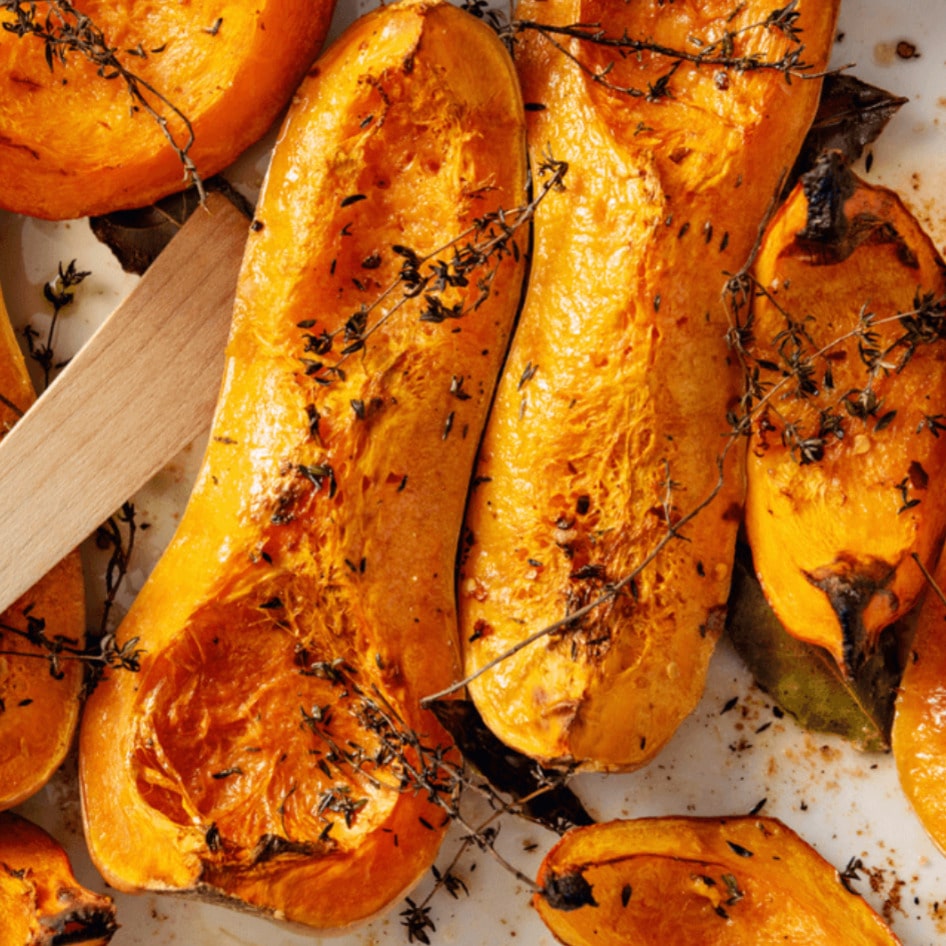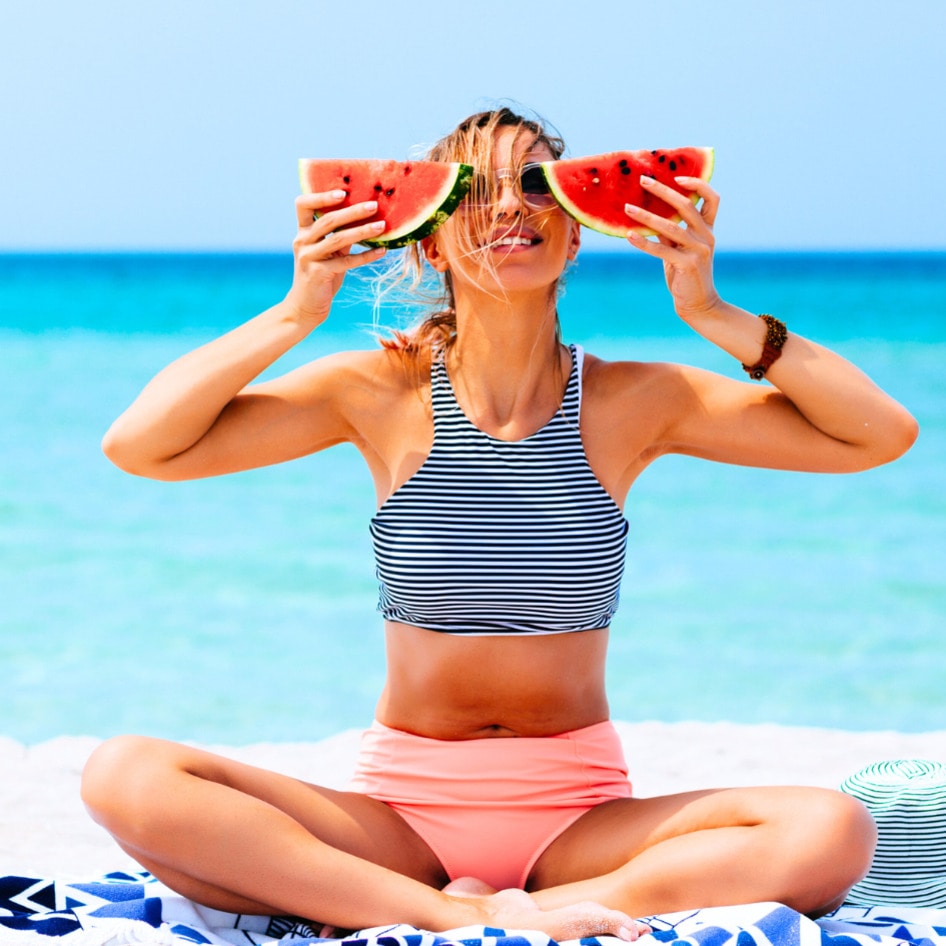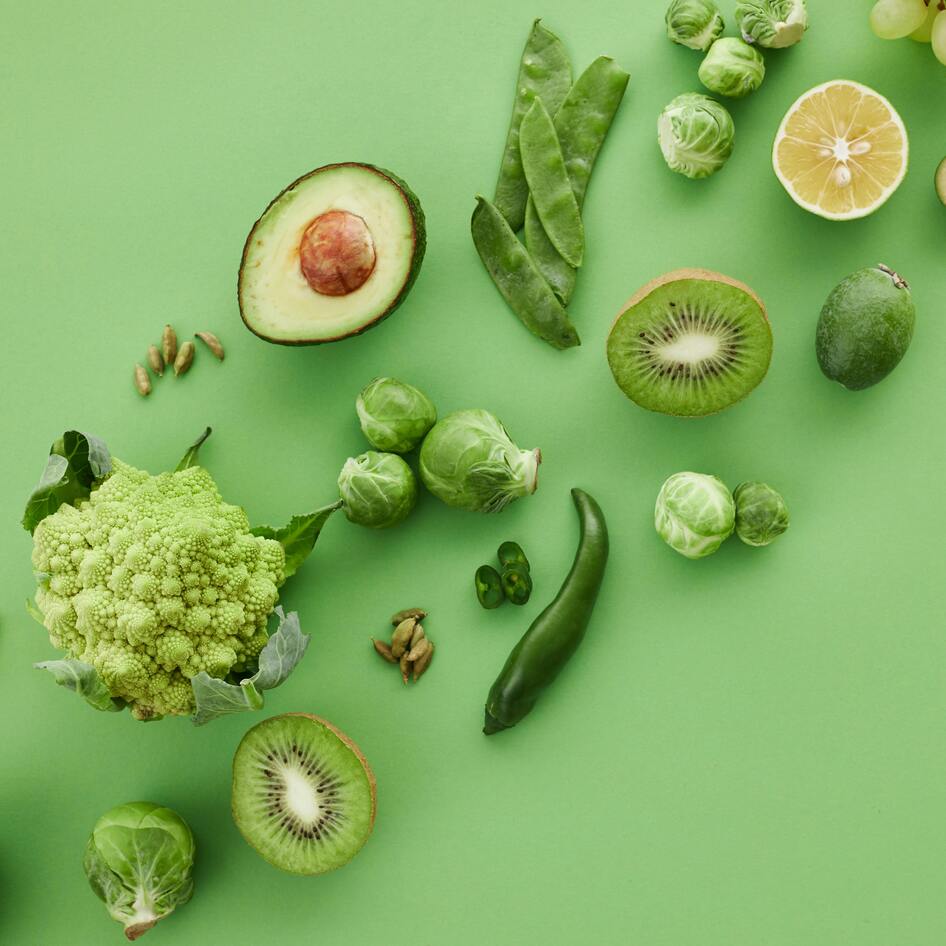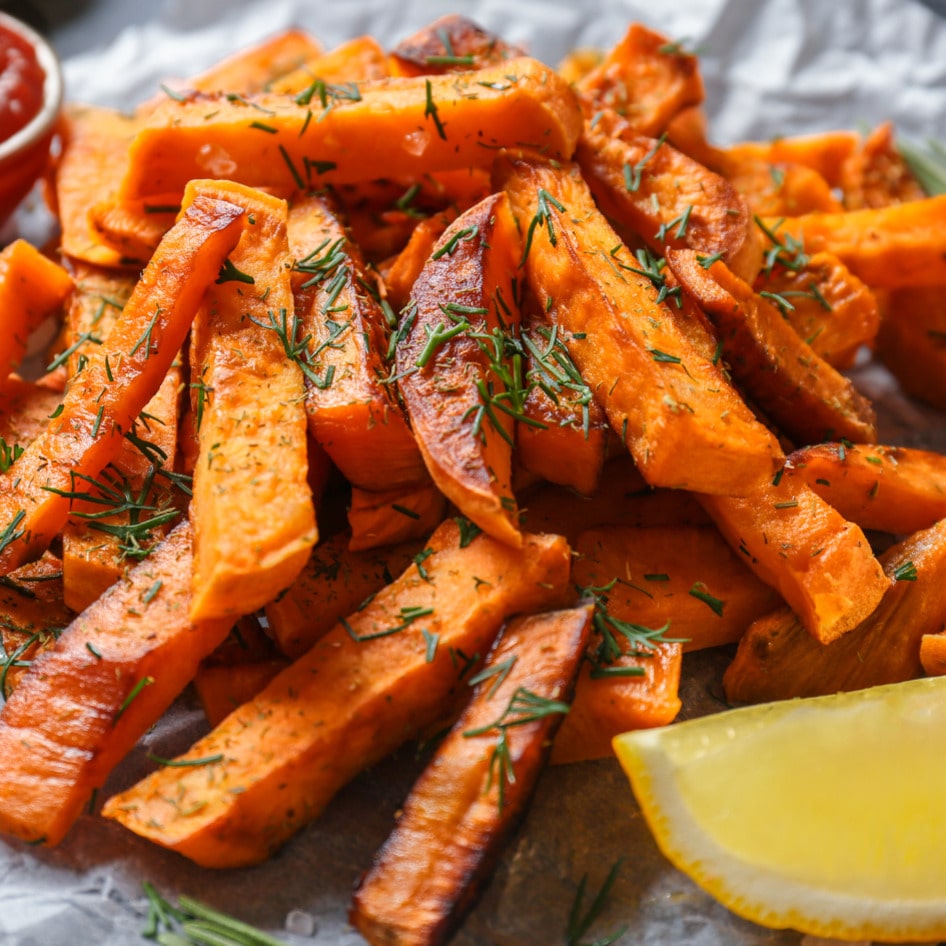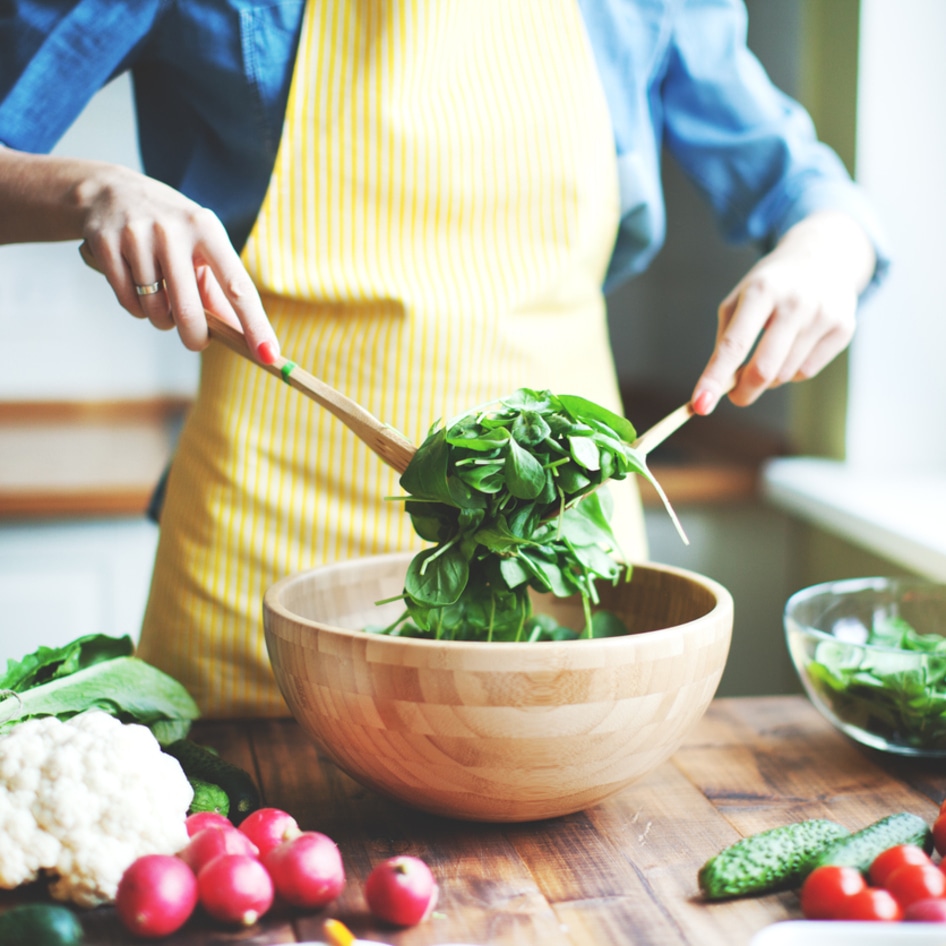Eating your skincare isn’t a new concept. In ancient Egypt, aloe vera juice was believed to promote clear and healthy skin, while in ancient China, goji berries were renowned for their skin-nourishing properties. Modern science now supports these claims, revealing that both aloe vera and goji berries are rich in vitamins C and E, as well as potent antioxidants and plant compounds that help maintain skin health.
Today, one of the biggest threats to our skin is exposure to the sun’s harmful UV rays. In response, some TikTokers are advocating for “eating your SPF” as a natural way to protect your skin from the sun. But is there truth to this claim? And can food ever truly replace sunscreen? To find out, we spoke with quintuple board-certified physician Monisha Bhanote, MD, FCAP, ABOIM.
Can diet prevent sunburn?
The answer is kind of. Foods rich in nutrients like vitamin C, vitamin E, beta-carotene, and lycopene can contribute to protection from the sun and may help reduce the risk of burning.
“Vitamin C, also known as ascorbic acid, is a powerful antioxidant that helps neutralize free radicals produced by UV exposure,” explains Bhanote. “Vitamin E, or tocopherol, works synergistically with vitamin C to protect the skin from oxidative damage.” She adds that carotenoids like lycopene and beta-carotene can help boost the skin’s resilience to UV. “Beta-carotene accumulates in the skin and provides a protective layer that helps absorb UV light and neutralize free radicals,” says Bhanote.
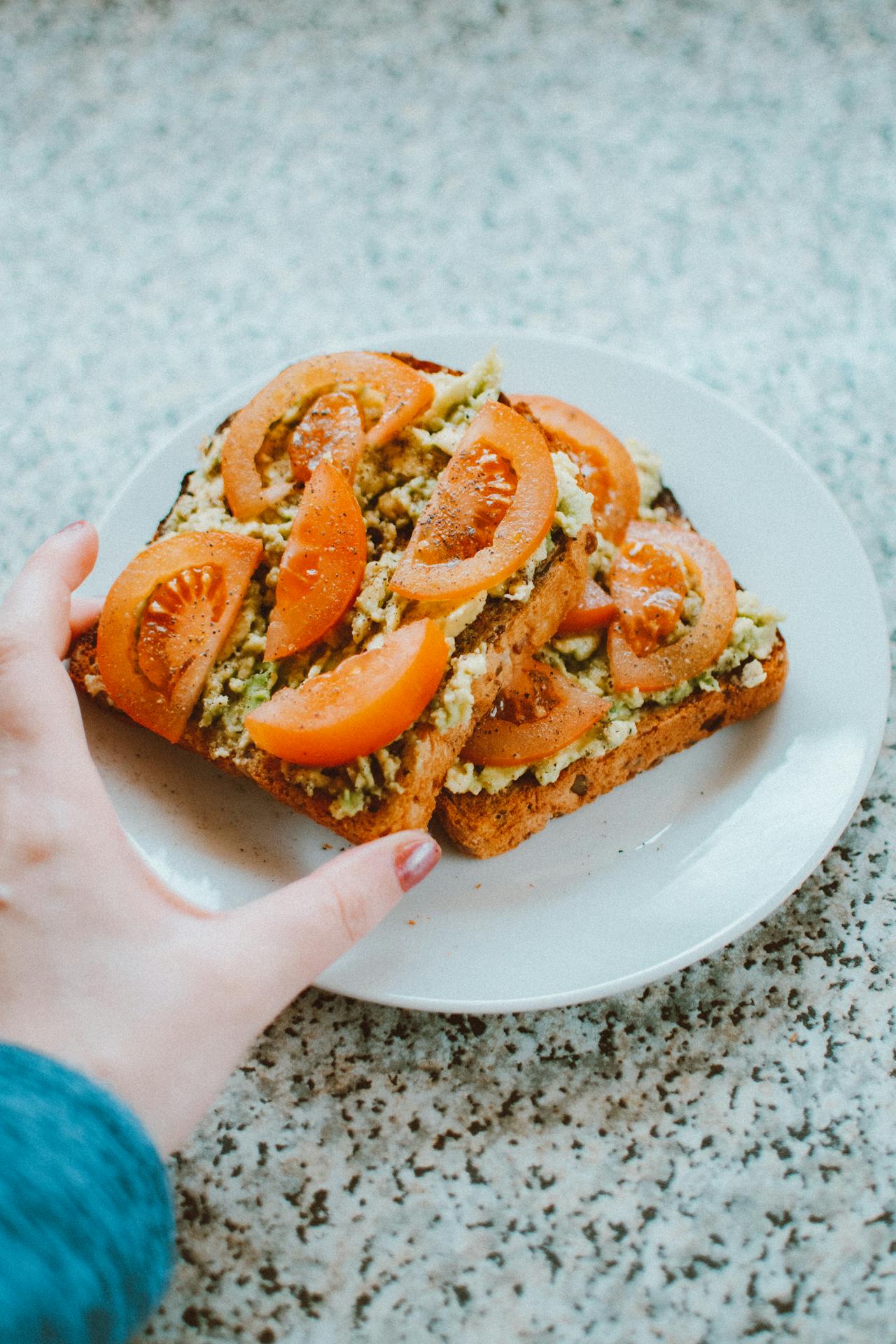 Pexels
Pexels
For vitamin C, she says to look to foods like citrus fruits, strawberries, bell peppers, broccoli, and kiwi (find more examples in our vitamin C guide). Vitamin E can be found in nuts, seeds, spinach, and avocados, while carrots, sweet potatoes, spinach, kale, and apricots are good sources of beta-carotene. Lycopene is found in watermelon, pink grapefruit, and red peppers, but one of the best food sources is tomatoes (including pastes and sauces).
Do tomatoes protect you from the sun?
In 2016, German researchers tested the theory that the lycopene in tomatoes can protect against sun damage. They did this by dividing up a group of 65 people into multiple groups. Some participants received lycopene, others received another carotenoid called lutein, and some received a placebo before all were exposed to UV light. The study, which was published in the British Journal of Dermatology, found that both lutein and lycopene helped to reduce the damage.
“Our study further supports the concept that dietary strategies are beneficial for human skin in general and that nutritional supplements of the exact kind used in this study are very effective in providing protection against UVA radiation-induced skin damage in particular,” noted Jean Krutmann, MD, one of the researchers involved in the study.
However, it’s important to note that UV protection is not as straightforward as simply supplementing carotenoids or loading up your plate with vitamin-rich foods and heading out into the sun. In short: don’t skip the SPF.
“Eating tomatoes and kale isn’t a substitute for sunscreen or other forms of sun protection such as protective clothing and shade. However, this study shows that these lycopene and lutein supplements could be an extra tool to protect against sun damage,” said Matthew Gass of the British Association of Dermatologists.
Do we really need SPF?
Bhanote emphasizes that SPF is essential for sun protection. While diet can enhance the skin’s resilience and provide some level of protection, it’s not a substitute for sunscreen. She notes that “the effectiveness of antioxidants from food can vary based on individual absorption rates, dietary habits, and UV exposure levels.”
Sunscreen provides immediate and effective protection against both UVA and UVB rays, which can damage the skin and potentially lead to skin cancers, including melanoma. Research suggests that just five or more sunburns can double the risk of developing melanoma, the most serious form of skin cancer.
 Pexels
Pexels
BECOME A VEGNEWS VIP: Get exclusive product deals, freebies, and perks galore!
“While dietary antioxidants are crucial for long-term skin health and can provide some level of protection against sun damage, they are not a substitute for traditional sun protection methods like sunscreen,” explains Bhanote. “Sunscreens are specifically designed to block or absorb UV radiation, providing immediate and effective protection against sunburn and skin cancer.”
Most experts recommend using a sunscreen with SPF 30 or higher and reapplying regularly. There are many different types available, and plenty of them are vegan and cruelty-free. For recommendations, check out our guide to vegan sunscreen.
For more plant-based stories like this, read:
JUMP TO ... Latest News | Recipes | Guides | Health | Subscribe




